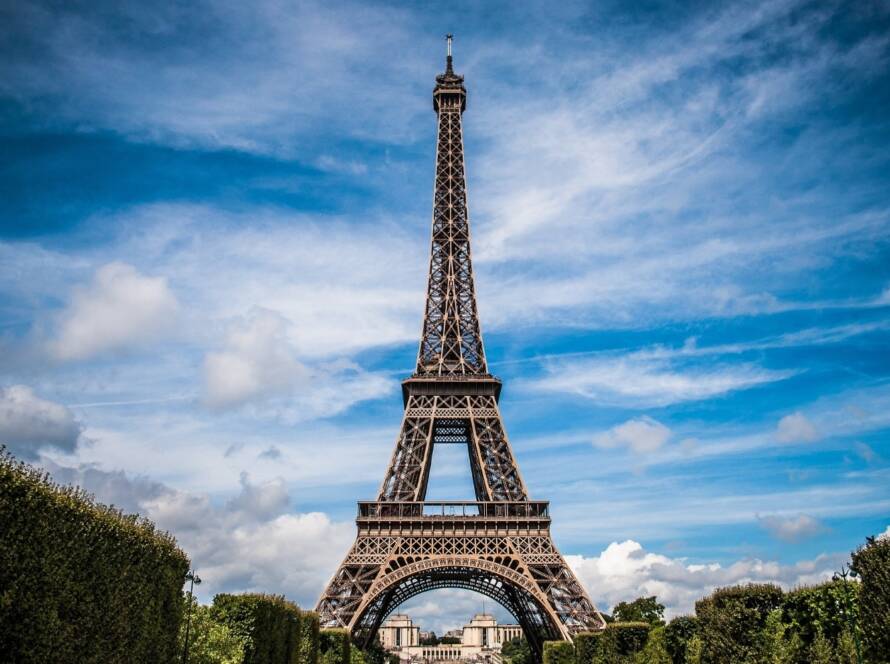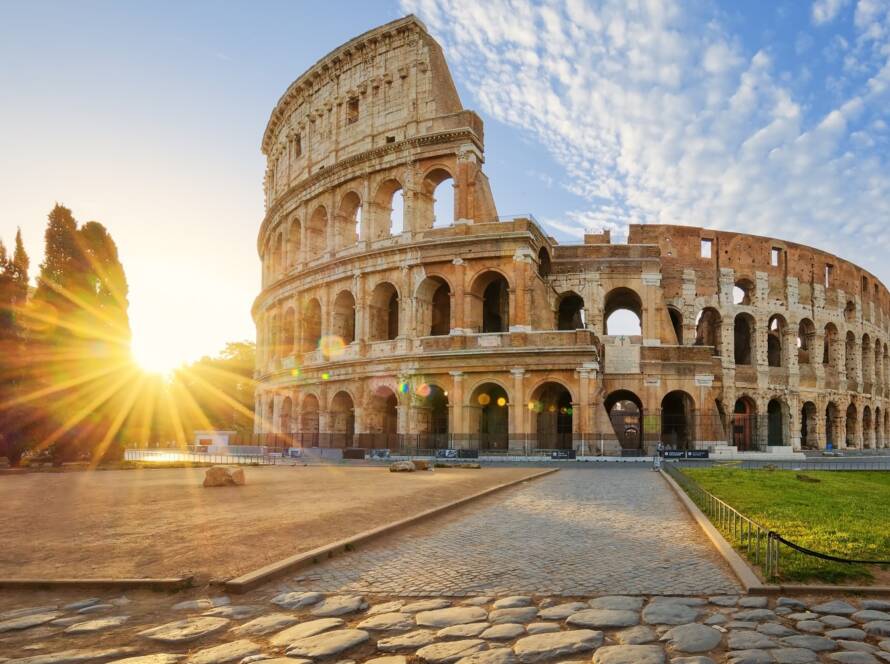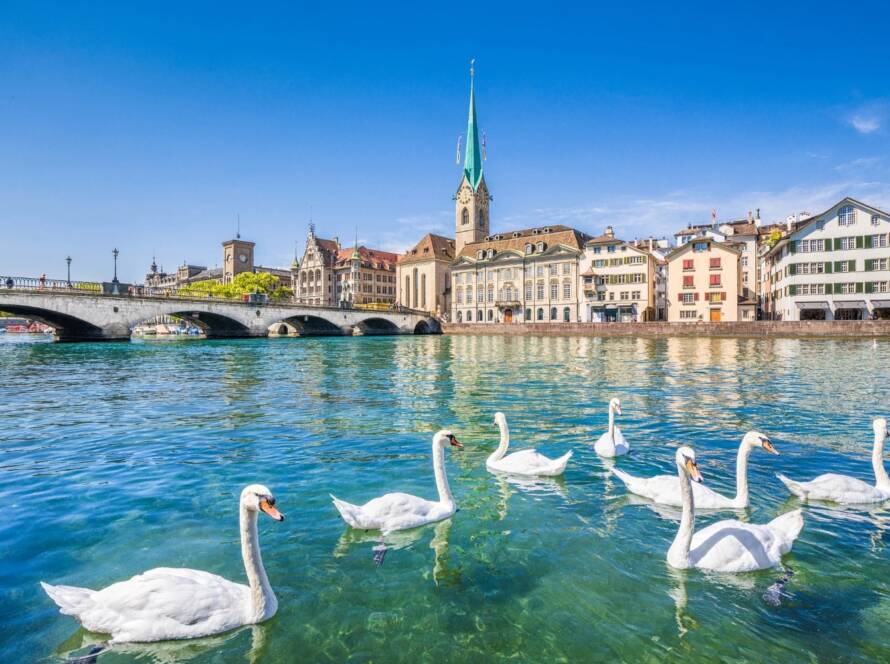Europe is a continent located in the Northern Hemisphere, bordered by the Arctic Ocean to the north, the Atlantic Ocean to the west, and Asia to the east. It is the second smallest continent by area but is home to approximately 746 million people, making it highly diverse culturally and linguistically. Europe consists of 44 countries, including major powers like Germany, France, and the United Kingdom, as well as smaller nations such as Monaco and Andorra. The continent is often called the “cradle of Western civilization” due to its historical contributions in philosophy, science, art, and governance, from Ancient Greece and Rome to the Renaissance and Industrial Revolution. Europe is renowned for iconic landmarks like the Eiffel Tower, the Colosseum, and Buckingham Palace. It is also home to natural wonders like the Alps, the Norwegian fjords, and the Mediterranean coastline. The European Union (EU), a political and economic union of 27 member states, plays a significant role in global affairs. Europe’s history includes world-changing events like the World Wars and the Cold War, which shaped its modern borders. The continent is a leader in technological innovation, fashion, and green energy. Europe boasts world-class universities, museums, and cultural festivals, attracting millions of tourists annually. Its varied cuisine, from Italian pasta to French pastries, reflects its rich culinary heritage. Europe remains a symbol of diversity, history, and progress, blending modernity with tradition in unique ways.
Interesting Facts about Europe
Small but Mighty
Europe is the second smallest continent by area, covering about 10.18 million square kilometers, but it is home to over 746 million people, making it densely populated.
Number of Countries
Europe consists of 44 countries, including transcontinental countries like Russia and Turkey.
Highest Peak
The highest peak in Europe is Mount Elbrus (5,642 meters), located in the Caucasus Mountains of Russia.
Longest River
The Volga River in Russia is Europe’s longest river, stretching approximately 3,531 kilometers.
Diverse Languages
Europe is home to over 200 languages, with Russian being the most widely spoken native language.
Birthplace of Democracy
Ancient Greece, specifically Athens, is considered the birthplace of democracy, one of the most influential political systems in history.
European Union (EU)
The EU is a political and economic union of 27 member countries, with a shared currency, the Euro, used by 20 of them.
Oldest City
Plovdiv, Bulgaria, is one of the oldest continuously inhabited cities in Europe, dating back over 6,000 years.
World Heritage Sites
Europe has the largest number of UNESCO World Heritage Sites, with Italy leading the count, followed by Spain and Germany.
Famous Landmarks
Europe is home to iconic landmarks such as the Eiffel Tower (France), Colosseum (Italy), Big Ben (UK), and the Acropolis (Greece).
Smallest Country
The Vatican City is the smallest country in Europe and the world, with an area of just 44 hectares and a population of around 800 people.
Cultural Festivals
Europe is famous for its festivals, such as Spain’s La Tomatina, Germany’s Oktoberfest, and Italy’s Venice Carnival.
Natural Wonders
The continent boasts stunning natural landscapes, including the Norwegian fjords, the Northern Lights, and the Alps.
Invention Hub
Europe has been a hub for groundbreaking inventions, from the printing press (Germany) to the steam engine (UK) and penicillin (Scotland).
Tourism Hotspot
Europe is the world’s most visited continent, with France, Spain, and Italy among the top tourist destinations globally.





